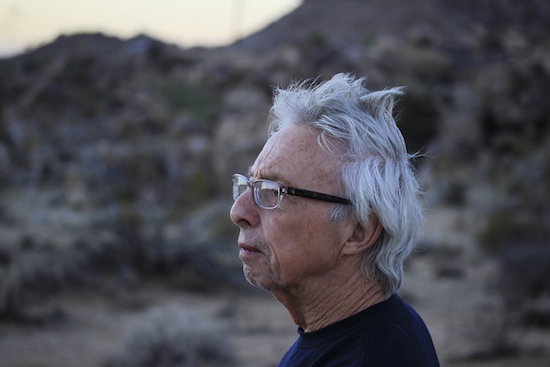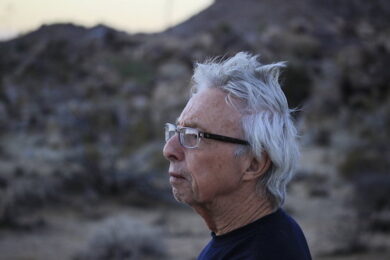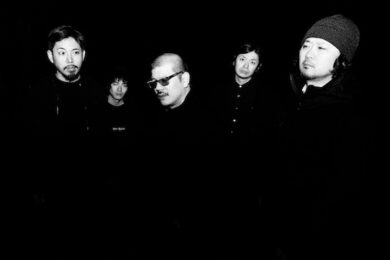Avant-garde and minimalist composer Harold Budd has died, aged 84.
News of Budd’s death first emerged via a number of Facebook posts from his close friends, paying tribute to the late artist. One such post says that he passed away on December 7. No cause of death has been given.
Close collaborator Robin Guthrie of Cocteau Twins said that he was "feeling empty, shattered, lost and unprepared for this [news]" in one social media post. Cocteau Twins, with whom Budd collaborated, wrote on Facebook: "It is with great sadness that we learned of the passing of Harold Budd. Rest in peace, poet of the piano."
Born in Los Angeles but raised from the age of 13 in the town of Victorville near the Mojave Desert, Budd spent his teens playing in jazz bars across California. While serving in the US Army, he formed a band with a fellow draftee, jazz saxophonist Albert Ayler.
He later studied musical composition under Ingolf Dahl at the University of Southern California, graduating in 1966, and wrote a number of minimalist pieces before taking a teaching position at the California Institute Of Arts in 1970. He released his first studio album, The Oak Of The Golden Dreams / Coeur D’Orr, that same year.
Budd became disillusioned with music very shortly after and quit for a short period, returning in 1972. Upon his return, he began to work on a number of pieces that would make up the 1978 Brian Eno-produced LP The Pavilion Of Dreams. He later combined with Eno again for 1980’s Ambient 2: The Plateaux Of Mirror and 1984’s The Pearl, with Eno also going on to produce a number of his other works.
Developing a slow and sustained style of piano playing known as ‘soft pedal’, Budd was uncomfortable describing his music as ambient, stating: “It’s meant to mean something, but is in fact, meaningless. I don’t think about genres. I don’t think about labels, they don’t have meanings."
In 1986, Budd relocated to Britain for five years, where he formed a friendship with the Cocteau Twins’ Robin Guthrie. Budd and the Cocteau Twins released the album The Moon And The Melodies in 1986, the first of a number of collaborations between Budd and Guthrie.
Returning to the US, he began experimenting with spoken word and poetry, and continued to release solo and collaborative albums throughout the 1990s. In 1994, he recorded an acclaimed collaborative album with XTC’s Andy Partridge, Through The Hill, followed by 1995’s Glyph, his first collaboration with French composer Hector Zazou.
Further collaborators in the 2000s included John Foxx and Jah Wobble, while in 2005, he released Avalon Sutra / As Long As I Can Hold My Breath on the label of David Sylvian, Samadhi Sound, which was declared to be his final work after a period of dissatisfaction with the music industry.
Despite his ‘retirement’, Budd went on to release five more albums with Guthrie including the soundtracks of two Greg Araki films, Mysterious Skin (2005) and White Bird In A Blizzard (2014). His latest album with Guthrie, Another Flower, was released just last week.
In 2012 he recorded an album, Bandits Of Stature, in tribute to his late wife, while a retrospective of his work, titled Wind In Lonely Fences 1970 – 2011, was released in 2014. He continued to perform in his later years, and in 2018 played his first London show in 17 years.




